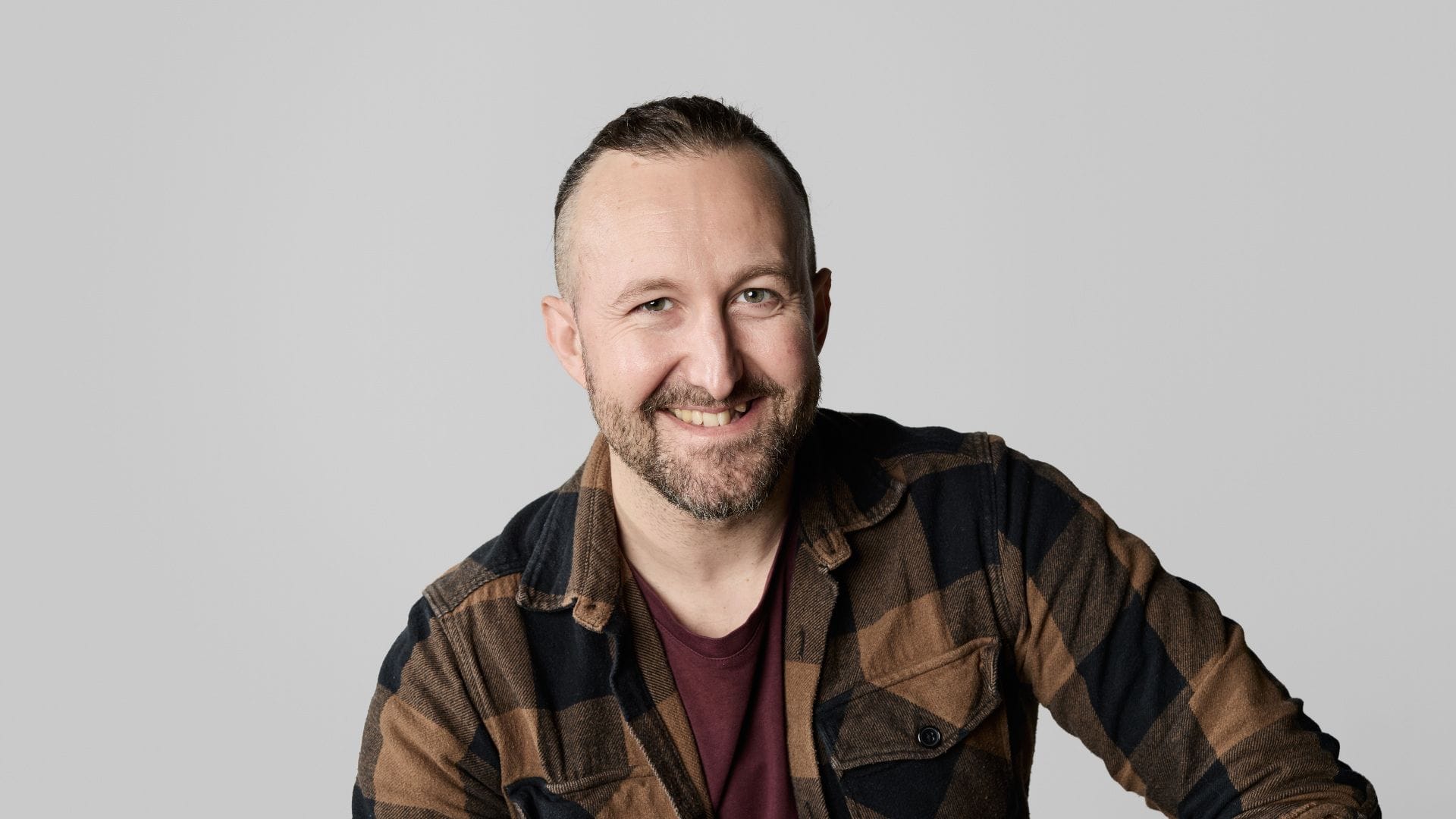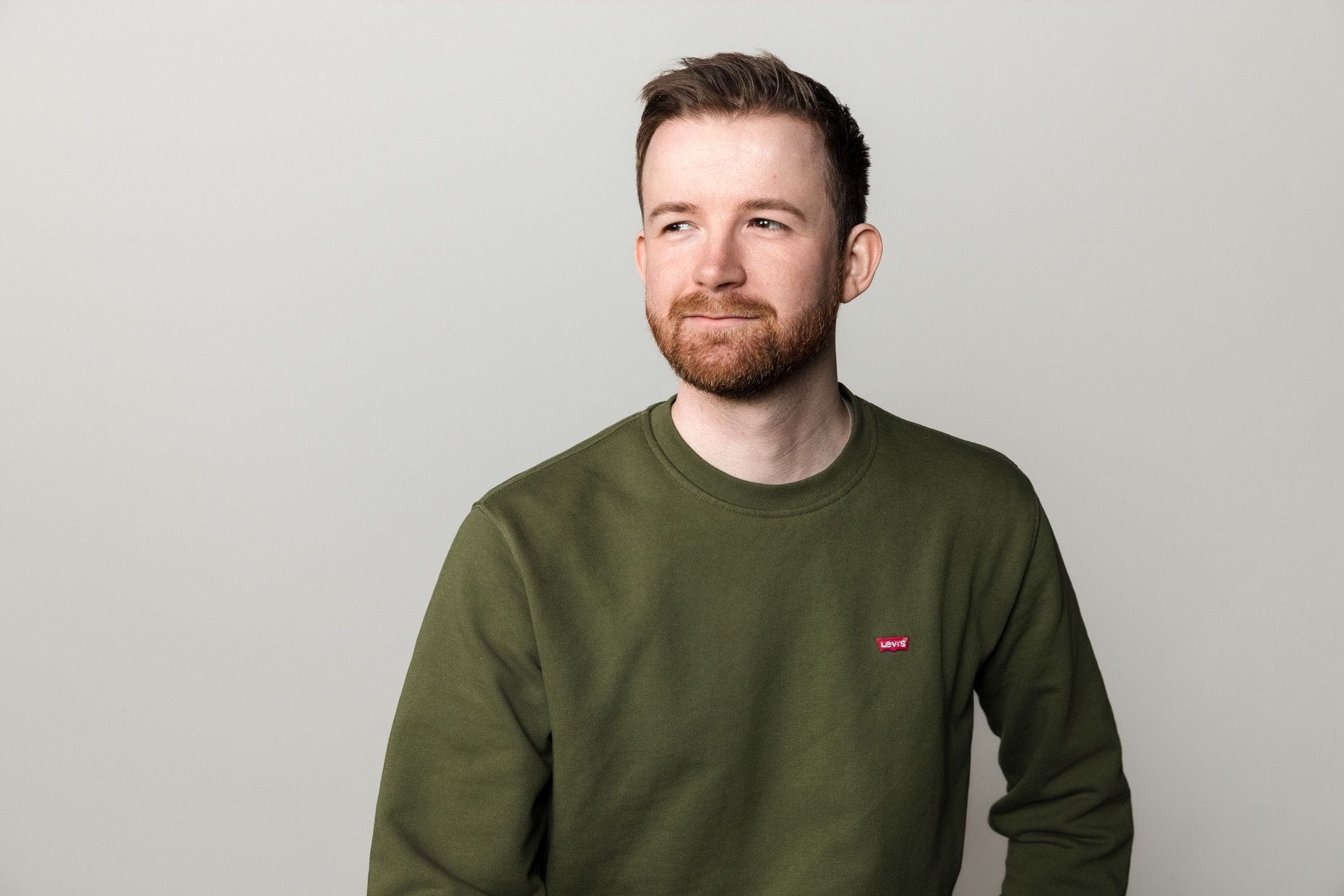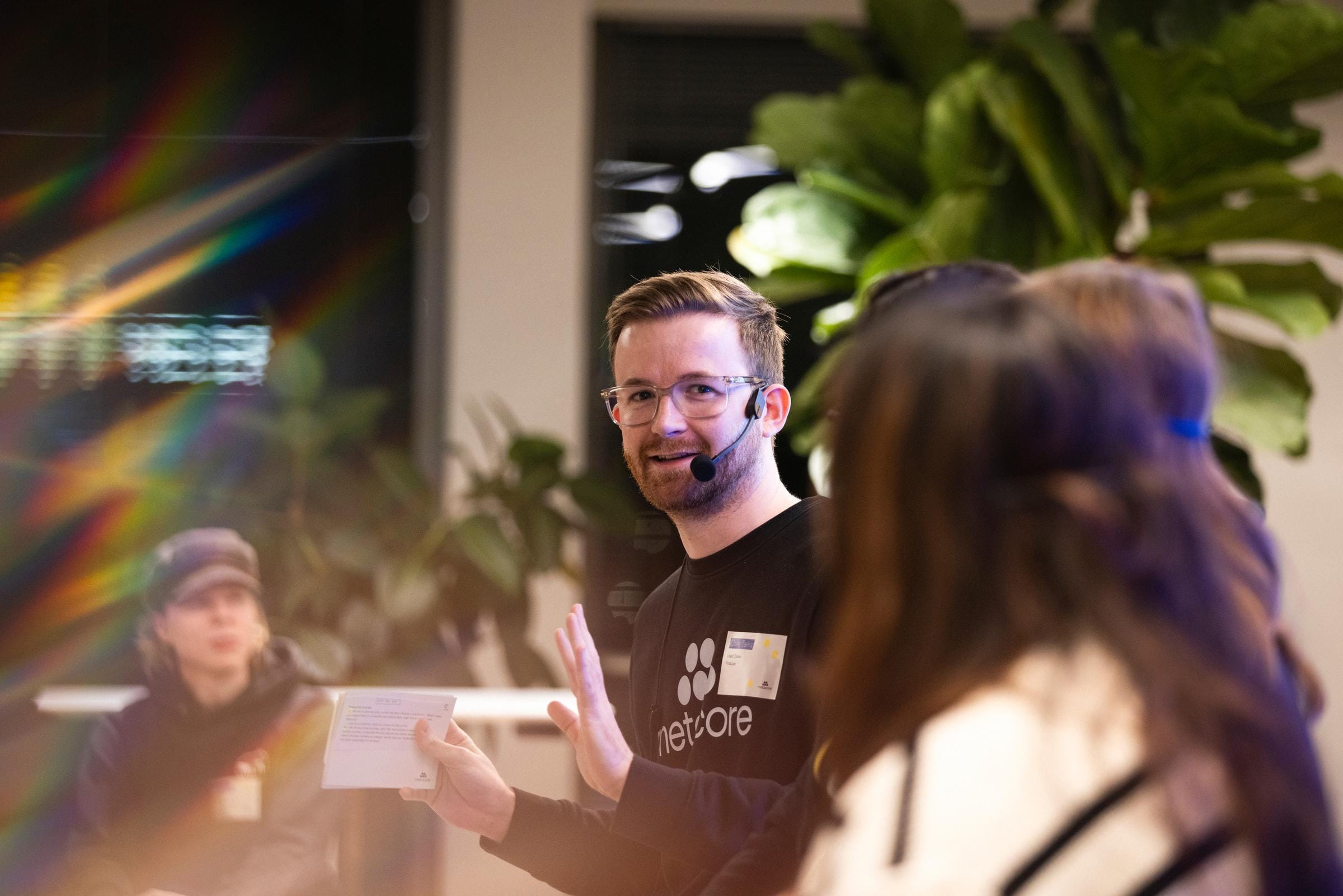
What Producing Has Taught Me (So Far)


There are probably as many ways to be a producer as there are producer roles. The job is rarely strictly defined, which brings both real freedom and real challenges – the kind that require patience, adaptability, and a flexible mindset. In this piece, I will be sharing my path and the reflections I’ve gathered along the way: what I’ve learned about striving to become the kind of producer who helps teams do their best work and turn momentum into meaningful progress.
Believe in your voice and passion
I spent a huge amount of time prepping when applying for Metacore, which isn’t necessarily a bad thing. But once the interview started, 20 pages of notes and 50 questions I had anticipated didn’t come up. Instead, I had to lean back on my own experiences. That taught me that I actually knew something already as I was hired. A good reminder for all producers: if imposter syndrome kicks in, we often know more than we think!
Another lesson I’ve learned is that your passion truly matters. At Metacore, we make games for our players, not ourselves. Still, I believe we should all play what we create. Having your finger on the pulse of what your team produces helps you become a better lead. Passionate producers spark passionate teams, which in turn builds better games. On that note, I want to share an example from our latest event in Merge Mansion called Dinner Roll, which we designed as a small, delightful extra for players. After our first playtest, my team felt that the experience was a bit flat and that we could do better. Having played it with the team and a bit on my own, I completely saw where they were coming from. We needed a little more time to cook and season the event (pun intended) to make it genuinely fun for our players. And so we did! I hope our players feel the same spark I did while watching the team bring it to life.

Put people first
Producers come in many shapes and sizes across companies, but one constant is that we all work with people and teams. Not a job for lone wolves! Our role is to support and create clarity among the people who create great games. I have learned that good producers try their best to connect these dots and show up for the people they work with, not just with a roadmap or a bunch of tickets, but with empathy, presence, and a willingness to adapt.
Ultimately, though, schedules and plans don’t matter if your team feels uncared for. In my opinion, protecting team morale is one of the producer’s most important responsibilities. That means being present enough for when your team needs you – even if you're busy and have to make the time, practice transparency in everything you do and be proactive in getting ahead of the problems.
Take responsibility before it’s needed
Good producers see issues before others notice the signs. That’s something I’ve discovered over and over again. Our job is to ask questions – sometimes annoyingly many – and to know where the ball might drop, when it could happen, and how to get it in the air again.
In my experience, this often requires copious amounts of curiosity and persistence: nudging someone to make a decision, calling out risks, or pushing back on distractions. In many cases, it just means noticing what others haven’t yet and acting upon it. In my opinion, one of the most powerful traits in any producer is the ability to take full responsibility without needing full recognition. Our job is to hold things together, keep the project’s interests in view, and often work well beyond the official scope, quietly making sure the team, processes and product move forward. And with great passion comes responsibility: producers should dare to push the team into making decisions that shape the product. We explore trade-offs and play out consequences, even the worst ones, before they happen. Questions I’ve found helpful to keep asking:
- What problem are we really solving here?
- If we keep shipping like this, where are we headed?
- Is anything blocking us, beyond our own work?
- If this succeeds, what does it unlock? If it fails, what does it cost?
- If we spent more time on systems, would this improve the future velocity?
We’re often ambitious with our goals, and it’s easy to default to saying, “that’s not possible.” Nowhere was this more true than in my first producer role. My team, experienced in building asynchronous strategy multiplayer battlers, was set to create our first-person mobile shooter. It would have been easy for me, and everyone else, to think, “impossible.” Instead, we took a step back and asked ourselves a simple question: what’s really stopping us from reaching the end goal? That reflection revealed we already had more knowledge and architecture than we realized. It was daunting, yes – but far from impossible.

Communicate to empower
My take is that if you’re not communicating, you’re not really producing. For me, good communication is transparent, honest, timely, and tuned to the moment. Sometimes that means pulling someone aside for a quick face-to-face; sometimes it’s a call to catch the nuance; sometimes it’s a clear written note so decisions don’t evaporate. And sometimes, even great communication just isn’t enough – so share early, share imperfect, and keep refining the message as you go. I consider myself quite a transparent communicator – and still, the messaging doesn’t always land like intended. We recently had a small misalignment about the production stage of a feature my team was working on, because the fact that we were still in preproduction wasn’t communicated enough across all channels.
The silver lining was, however, that my team is very transparent and vocal about concerns! The hiccup was solved in 20 minutes, ensuring everyone was on the same page. This also served as a good reminder that repetition in all channels is the best way to communicate inclusively. The ultimate goal is to build a culture where communication flows without you. That looks like crisp updates, meetings that actually move things forward, the right people looped in at the right time, a kind but firm “no” when it’s needed – and a lot of listening.
Conclusions
At the end of the day, there’s no single formula for what makes a great producer. I haven’t always lived up to these principles myself: I’ve sometimes been too loud, made unfair calls, or pushed too hard. But producing is about learning and failing out loud.
Writing this blog isn’t about claiming mastery, but about naming the qualities I’m continuously striving for, because I know that they matter.
What I’ve learned is that all the best producers share a common thread: we care deeply. That commitment is what keeps us showing up with consistency, protecting the space for others to do their best work, and pushing toward the goal – even and especially when things get messy. As they always will. That’s the thrill of making games: transforming rough edges into breakthroughs.
Lloyd Craske is a Producer at Metacore. With over 11 years of experience in the games industry, he brings a deep understanding of production, project management, and data-informed development.
Related content

